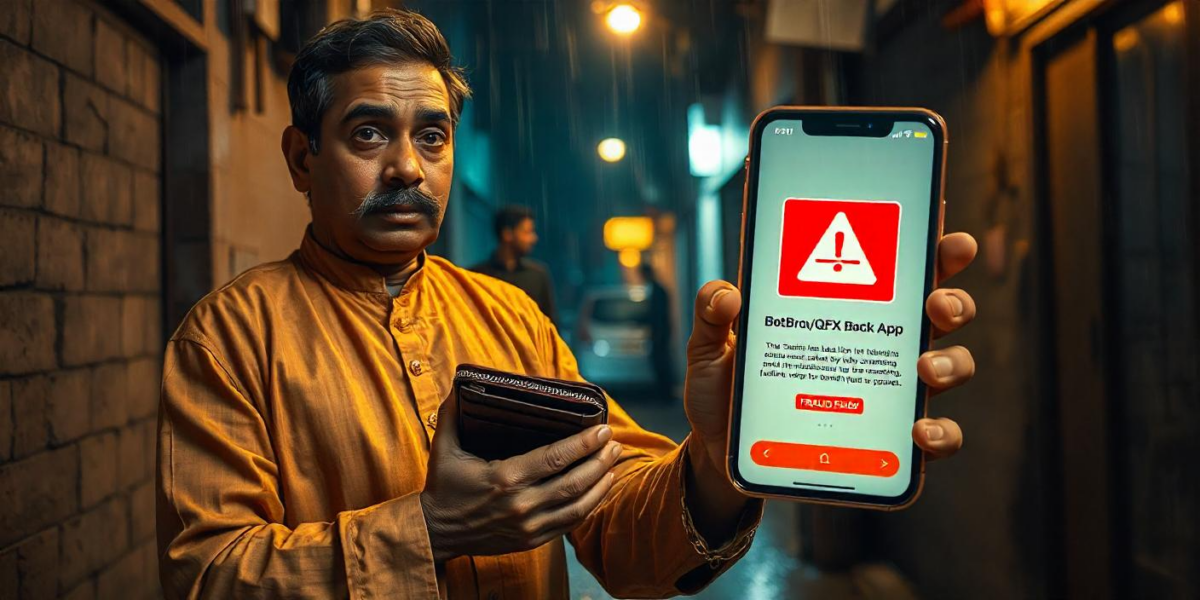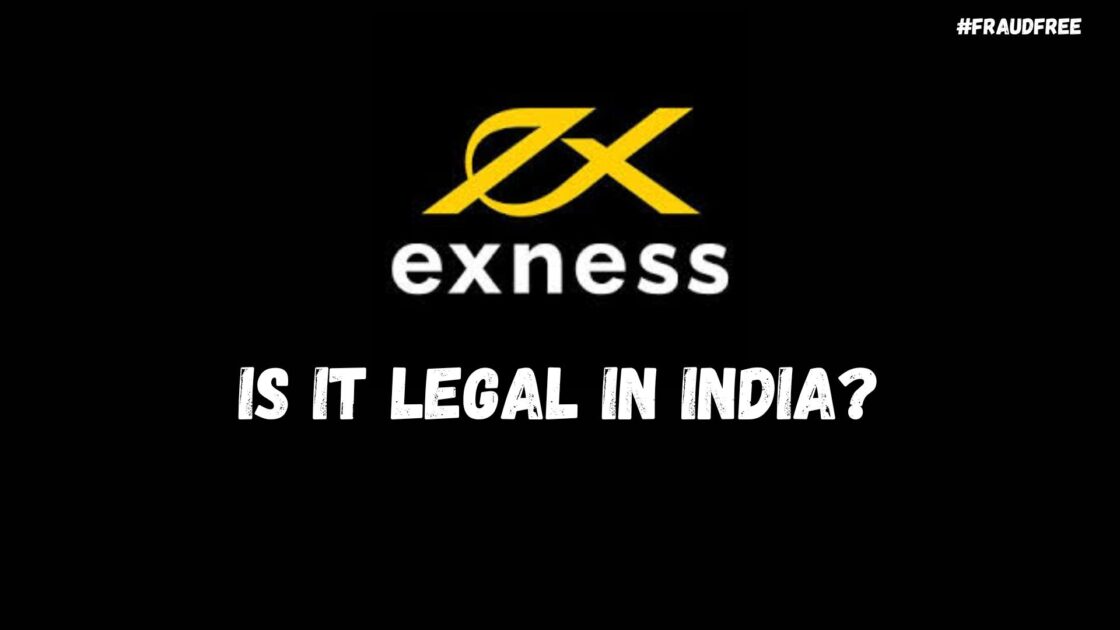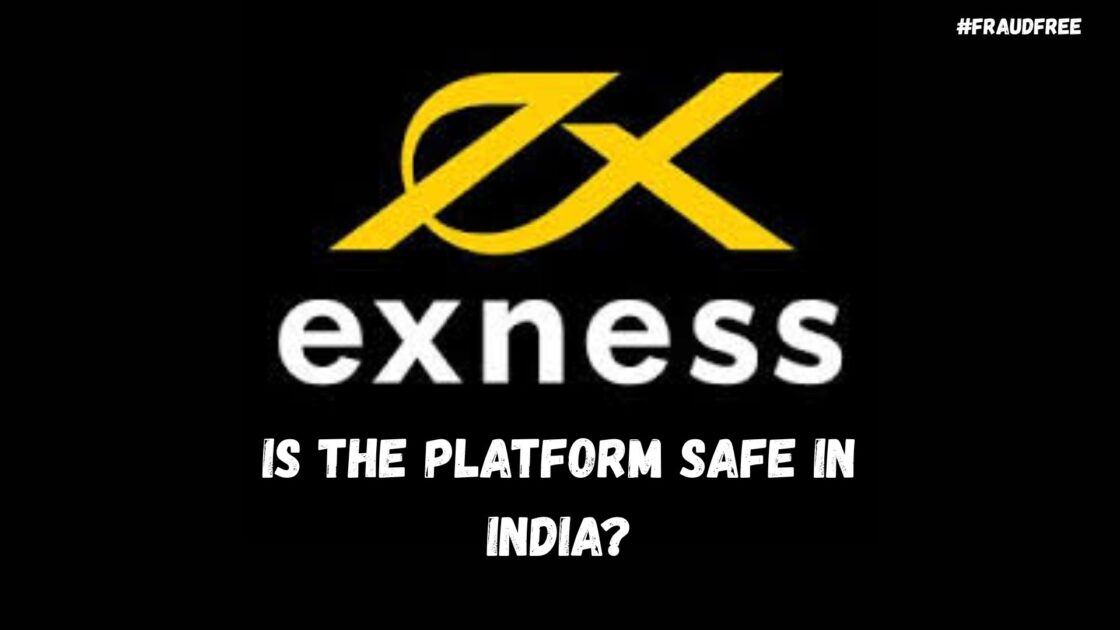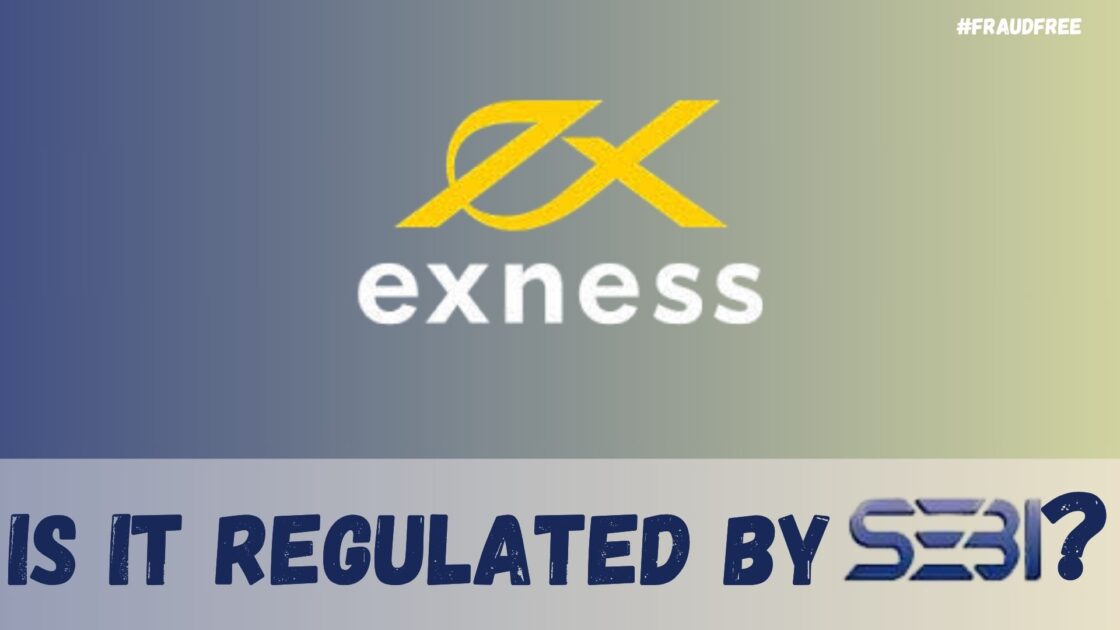Forex trading feels like the fastest way to make money online — flashy apps, bold claims, and endless videos saying anyone can do it from home. But in India, what most people don’t realise is this: just because you can open an account doesn’t mean it’s legal.
Every week, thousands of Indians are joining platforms that are actually banned by Indian regulators. They don’t ask if forex trading is legal — they assume it must be. After all, it’s on the Play Store. It looks global. And everyone in that Telegram group is making money.
But the law says something else. And if you’re not careful, this so-called side hustle could cost you more than just your money.
Is Forex Trading Safe?
The short answer: Yes, but only for Indian currency pair like USD/INR, EUR/INR, GBP/INR, or JPY/INR on the platform registered with exchange (NSE/BSE) and regulated by SEBI.
Other than this, global currency pairs are not regulated and hence banned by RBI in India.
What’s not legal is trading on international platforms like OctaFX, Quotex, Exness, or any app that lets you trade foreign currency pairs like EUR/USD, GBP/USD, or USD/JPY.
These are not regulated in India, even if they look professional, offer INR deposits, or show ads targeting Indian users.
The Foreign Exchange Management Act (FEMA) governs all this. And the Reserve Bank of India has already named and warned against multiple platforms that don’t follow these norms.
Just because a platform accepts Indian users doesn’t mean it’s legal. It just means they’re operating outside the reach of Indian law — and if anything goes wrong, you have no legal protection.
This clearly shows that Forex Trading has many red flags which cannot be ignored.
What Happens If You Still Use These Apps?
At first, it’s smooth. UPI transfers work. Dashboards show fake profits. Some apps even allow small withdrawals to build your trust.
But when you try to cash out something big — it changes fast.
- You’re asked to pay a “clearance fee,” fake tax, or unlock charge
- Your account gets suspended mid-withdrawal
- Or worse — the app vanishes or stops replying altogether
But losing money isn’t the worst part.
Under Indian law, when you trade through an unregistered platform — you’re not just a victim, you’re also a violator.
Here’s what FEMA says:
- ₹5 lakh fine per transaction
- ₹5,000 per day until you stop
- Possible seizure of your funds
- And in serious cases, even Enforcement Directorate (ED) involvement
Your bank account can be flagged, especially if you’ve received large sums or earned referral income. Some users have faced months of scrutiny, frozen accounts, and legal notices — long after the scam itself was over.
In the end, it’s not just about losing money — it’s about getting trapped in something you didn’t fully understand.
Forex Trading Complaints
If you are a victim of such forex trading scams, don’t wait. You must act quickly, not only to try to recover your funds but also to protect yourself from possible legal consequences.
Here’s what you should do:
1. File a Complaint in Cyber Crime
- Go to cybercrime.gov.in →
- Click on “Report Other Cybercrime” →
- Choose “Financial Fraud” → Fill out all relevant details (screenshots, payment info, app names, etc.)
2. Visit Your Nearest Cyber Police Station
Thinking does police take action against cyber crime or scams related to forex trading?
Well, it depends, but mostly yes, it takes action and also filing a complaint strengthen your case, increasing the chances of recovery.
While online complaints are useful, visiting a local cyber cell often speeds up the process.
- Transaction proofs
- Chat screenshots
- App links or APK files
- Your ID proof
3. Inform Your Bank or UPI Provider Immediately
Raise a dispute/chargeback request with your bank. If UPI was used, file a complaint through your payment app (PhonePe, GPay, Paytm) or directly with your bank’s grievance portal. This step helps flag suspicious merchant accounts.
4. Complaint in SEBI
Although you can’t raise a complaint in SCORES but still inform SEBI about banned forex trading apps in India by sending an email.
While they don’t handle refunds, it helps them track violators.
Even if you were unaware of the legalities, using illegal forex apps can technically be seen as violating FEMA laws. So, reporting early and transparently gives you a better chance to protect yourself.
Conclusion
Let’s be clear — forex trading through international apps is not legal in India.
No matter how smooth the app looks, or how real the profits seem, the moment you trade foreign currency pairs through unregistered platforms, you’re breaking the law. And the cost isn’t just financial — it’s legal too.
RBI has warned you. FEMA has outlined the penalties. SEBI doesn’t back these platforms.
So if you’re exploring forex trading, pause for a moment.
Sometimes, not getting into something is the smartest financial decision you’ll make.







